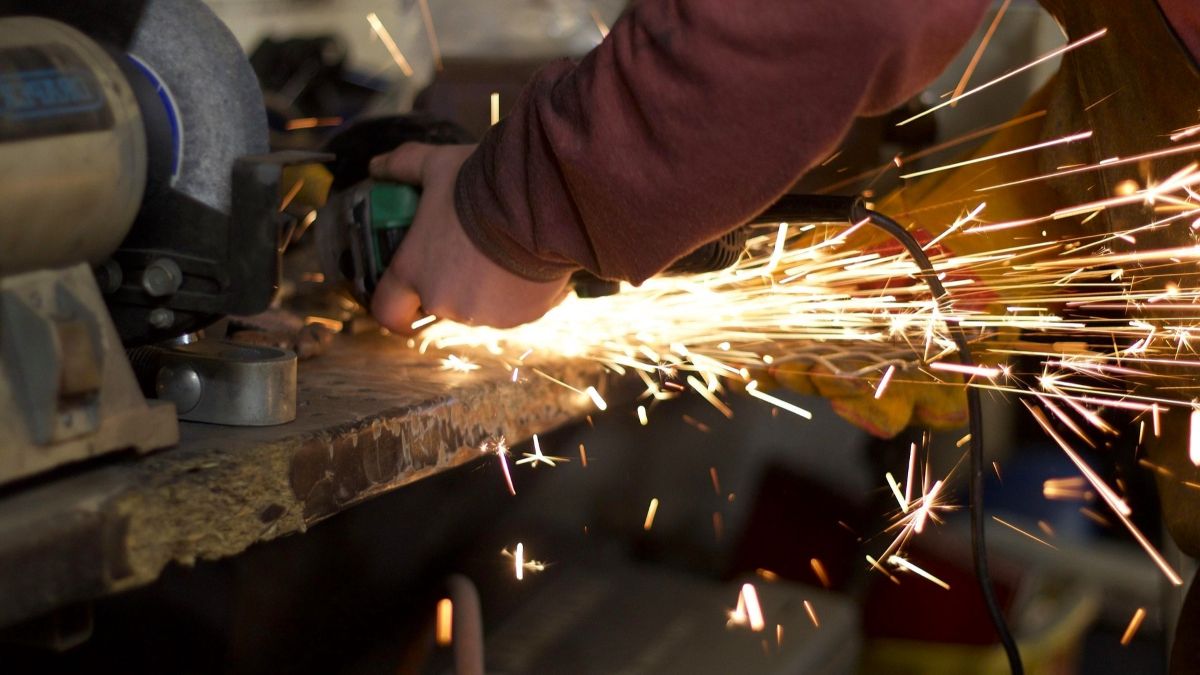Blocked U.S. Steel-Nippon Acquisition Roils Dealmakers, Baffles Analysts

President Biden’s decision in early January to block Japan-based Nippon Steel’s acquisition of U.S. Steel sparked a slew of unusual twists and turns more akin to a Hollywood political thriller than a typical corporate deal. Accusations of collusion and corruption and warnings of national security threats have made clear this isn’t your run-of-the-mill acquisition.
Nippon announced it intended to buy U.S. Steel in 2023, and the deal awaited government approval throughout 2024. On January 3, Biden announced that his administration would “block foreign ownership of this vital American company” on the grounds that the proposed $15 billion deal posed a threat to national security. Pointing to red flags raised by the Committee of Foreign Investment in the United States (CFIUS) — which is comprised of federal agencies including the Treasury and Justice Departments – Biden said the deal would “place one of America’s largest steel producers under foreign control and create risk for our national security and our critical supply chains.”
For months, both Biden and the United Steelworkers trade union warned that they opposed the deal. USW International President David McCall called Nippon Steel a “serial trade cheater” and accused the Japanese company of working for decades to undermine the U.S. steel industry by “dumping its products” in the U.S. market. Despite the widely reported objections, Biden’s official announcement roiled the players involved and baffled some analysts and investors.
U.S. Steel and Nippon were quick to blast Biden’s decision and filed suit. “In taking these unprecedented actions, the President and CFIUS corrupted and compromised a critical mechanism for the protection of America’s national security in order to serve the President’s personal political agenda,” the two companies wrote in a January 6 petition filed with the U.S. Court of Appeals for the District of Columbia Circuit.
Some analysts question the wisdom – and justification – for the administration’s decision to block a deal involving a company based in Japan, which is a loyal and close ally to the U.S. “The merger should certainly be approved,” said William W. Grimes, an international relations and political science professor at the Boston University Pardee School of Global Studies. “It poses no national security threat, nor is it likely to disadvantage U.S. Steel’s unionized labor force. Nippon Steel’s support makes it more likely that U.S. Steel will return to financial health, continue to produce steel in the United States, and provide quality jobs.”
Last week, CFIUS extended the deadline for Nippon to abandon its plans to acquire U.S. Steel. The parties now have until June 18 to work out a solution, but it remains to be seen how President-Elect Donald Trump’s administration views the proposed acquisition. Trump has indicated that he opposes the deal because of national security concerns – a rare instance of Trump agreeing with his Democratic predecessor on an issue.
Interestingly, the Biden administration’s deadline extension coincides with a potential new bidder for U.S. Steel. Prior to the current fracas, Ohio-based Cleveland-Cliffs attempted to acquire U.S. Steel in 2023. U.S. Steel shareholders rejected that offer in favor of a higher bid from Nippon, but it appears that Cleveland-Cliffs may re-enter the arena. Cleveland-Cliffs CEO Lourenco Goncalves on January 13 said he wanted to make a new bid for U.S. Steel in what he called an “all-American solution” to save the company. But just days before Goncalves made that announcement, U.S. Steel and Nippon filed a joint lawsuit in the U.S. District Court for the Western District of Pennsylvania against Goncalves, Cleveland-Cliffs, and McCall of the USW for “illegal and coordinated actions aimed at preventing the transaction and attempting to undermine U. S. Steel’s ability to compete and Nippon Steel’s ability to provide American-made steel to American consumers.”
What happens next for Nippon and U.S. Steel? Even with the coming changes in the White House, the deal remains a political nightmare. If Trump drops Biden’s block on the acquisition, he risks alienating labor interests and putting a storied American company in foreign hands. Maintaining Biden’s position, on the other hand, threatens to keep the domestic steel industry lagging foreign competitors, including Japan.
Not an enviable decision for Trump to make as he begins his second term in office.



